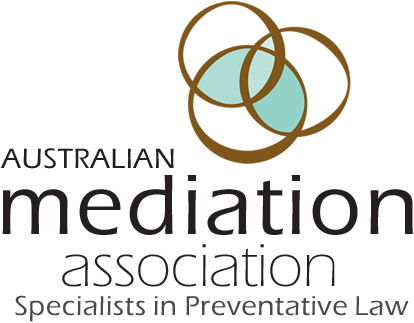ADR stands for Alternative Dispute Resolution in Australia, and an ADR practitioner is a trained and accredited individual who facilitates the resolution of disputes between parties. In the context of family law, ADR practitioners in Australia include family dispute resolution practitioners (FDRP), who specialise in helping separating parents or parties with parental responsibility to resolve disputes about parenting arrangements for their children. FDRPs are trained to provide neutral and impartial assistance to help parties communicate effectively, negotiate agreements, and find solutions that work for everyone. The Family Court of Australia considers FDR as the first step in resolving parenting disputes before making a court application.
To become an ADR practitioner in Australia, you typically need to complete specific training and education programs in alternative dispute resolution (ADR) methods, such as mediation. There are various training providers that offer ADR courses, including universities private training institutions, and industry organisations. The requirements for ADR practitioner certification can vary between states and territories, but some common steps to become an ADR practitioner can include:
- Obtain a relevant tertiary qualification in law, psychology, social science, or a related field.
- Complete ADR training and obtain certification from a recognised training provider.
- Gain practical experience through internships, work placements, or volunteering in dispute resolution settings.
- Register with the relevant regulatory body in your state or territory.
- Meet ongoing professional development requirements to maintain your ADR practitioner registration.
It’s important to note that the requirements to become an ADR practitioner may vary between states and territories, so it is advisable to check with the relevant regulatory body for more specific information.
Alternative Dispute Resolution (ADR) is a growing field in Australia, with a range of career opportunities available for individuals with relevant training and experience. Some of the common career paths in ADR include:
- Mediator: A mediator is a neutral third party who facilitates communication and negotiation between parties in dispute, helping them reach a mutually acceptable agreement.
- Arbitrator: An arbitrator is a neutral third party who makes a binding decision in a dispute, after considering the evidence and arguments presented by the parties.
- Conciliator: A conciliator is a neutral third party who facilitates communication and negotiation between parties in dispute, with the aim of resolving the dispute through agreement.
- Family Dispute Resolution Practitioner: A family dispute resolution practitioner provides mediation and other dispute resolution services for families in conflict, including separating parents and parties with parental responsibility.
- Dispute Resolution Coach: A dispute resolution coach provides guidance and support to individuals and groups in dispute, helping them to understand and navigate the dispute resolution process.
- Conflict Resolution Specialist: A conflict resolution specialist works in a variety of settings, including corporations, government agencies, and non-profit organisations, to help manage and resolve conflicts.
Career opportunities in ADR can be found in a range of industries, including the legal sector, government agencies, community organisations, and private practice. ADR practitioners may work as employees or as self-employed consultants. The demand for ADR professionals is expected to continue to grow in Australia as organisations and individuals seek alternative methods for resolving disputes outside of the court system.


